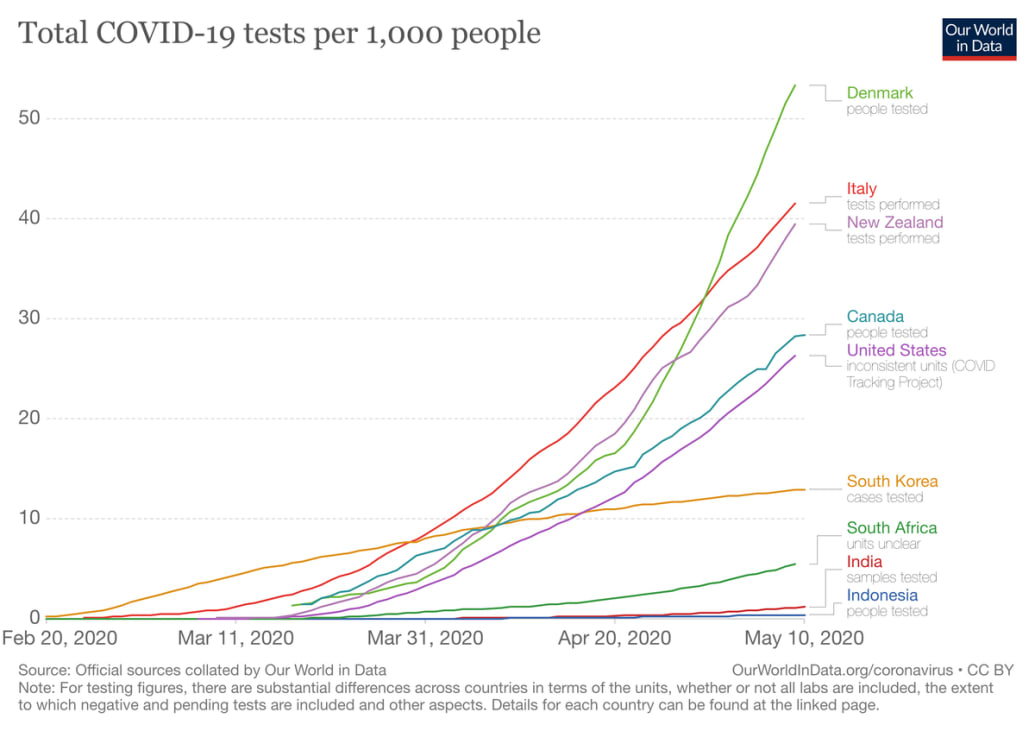
One of Trump’s Ukraine legal henchman shares his views on right wing radio. This is the crazed evel of febrile frenzy in Trumpland these days:
VINCE COGLIANESE (CO-HOST): Mary McCord, a former assistant attorney general, is now saying that William Barr misinterpreted the legal basis for her approving the FBI agents to go speak to Michael Flynn at the White House, in this New York Times, I’ll be polite, defense of her actions that resulted in the Mike Flynn interview, and she’s saying that the underlying facts are not accurate. What do you — I know what I make of this but what do you make of this, to me, a guilty tell from Mary McCord in The New York Times on this issue?
JOSEPH DIGENOVA: Well this is part of the continuing travesty against Gen. Flynn. Ms. McCord is a hack.
COGLIANESE: Right.
DIGENOVA: She is a political hack, she’s working for Lawfare, she went to work on the impeachment inquiry from Lawfare, which is part of the Brookings Institution. She is a Democratic hack, and what they are doing is they are fighting like hell, because they know that Bill Barr has found them out. And they are developing along with John Durham, Bill Barr is, a massive conspiracy case against a host of people in the Obama, the FBI, and the DOJ. And when you put together the last 24 hours, the comments by former President Obama that this is a threat to the rule of law, which is an utter joke coming out of his mouth. And when you put together Mary McCord’s op-ed, and then some of the statements from people associated with Mueller, you realize that the Mueller probe was from the very beginning nothing more than a pretext to try and get the president impeached.
COGLIANESE: Right.
DIGENOVA: And you realize that everybody at the senior FBI and DOJ levels was in on it. And what’s really fascinating is when you go back and you look at that January 5th meeting, 2017, in the Oval Office with all the intelligence community leaders — the vice president, Sally Yates, Comey, Brennan, and Susan Rice, the president of the United States at that meeting, Barack Obama, is discussing the ongoing investigations into the Trump campaign, the interregnum, the transition, and the upcoming presidency. And says in that meeting according to Susan Rice, he wants to be kept informed so he can help decide whether or not they’re going to withhold classified information from the incoming administration involving Russia. That is sedition.
COGLIANESE: Yes!
DIGENOVA: That is beyond anything we’ve ever heard about a president leaving office, doing to his successor. What Obama did in that office was sedition on that day. And I must say, these people are ballsy. McCord and others, screaming about the ways their actions are being misinterpreted.
COGLIANESE: Ha!
DIGENOVA: And do you know why they’re screaming? Because there’s a conspiracy indictment coming down the track. I don’t mean that Mary McCord is going to be indicted, but if you read the motion to dismiss, which the government filed, it reads like an indictment. And the reason it reads like an indictment is that it’s going to be part of an indictment.
COGLIANESE: Excellent.
…
DIGENOVA: President Obama’s hands are dirty. They are beyond dirty. He has — he has judicial blood on his hands. He is responsible for this injustice. He could have stopped it. He could’ve said “What are you idiots doing? This man’s been duly elected president of the United States, Donald Trump. How — why are you doing this?” He didn’t. He encouraged it.
And he had the brazen — talk about a brazen plot — how brazen they are, sitting in the Oval Office on January 5th, and saying they might not share intelligence with the incoming administration? And you know what that means? That means they didn’t want to give it to General Flynn, the incoming National Security adviser, because if they did give it to him, he would discover Crossfire Hurricane —
COGLIANESE: Of course!
DIGENOVA: He would blow the whistle, fire a bunch of people, and so they decided to take him out with an illegal, corrupt investigation.
And as far as Mary McCord is concerned, I’d like to see her in an orange jumpsuit.
COGLIANESE: Me too!
And another woman gets an orange jumpsuit in a Trumpian fever dream.
Is any of this true? Uhm. No. It is 100% bullshit.
Mary McCord, former Assistant AG for national security, explained her position, here.
Joe DiGenova is a political assassin, so he’s just doing his job. But I think you can sense the hysteria in his words. They are this close to speaking in tongues.




